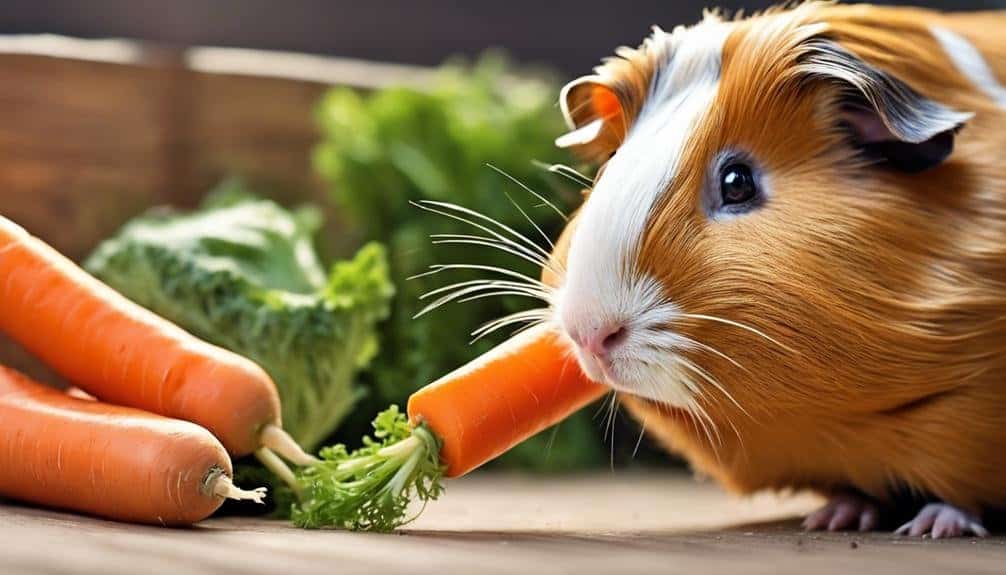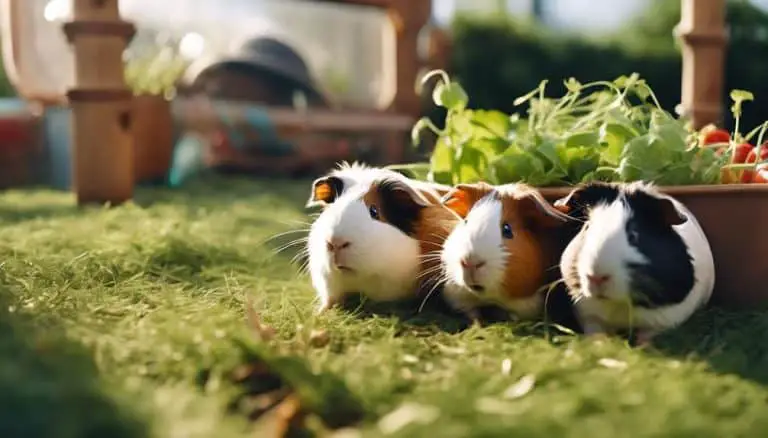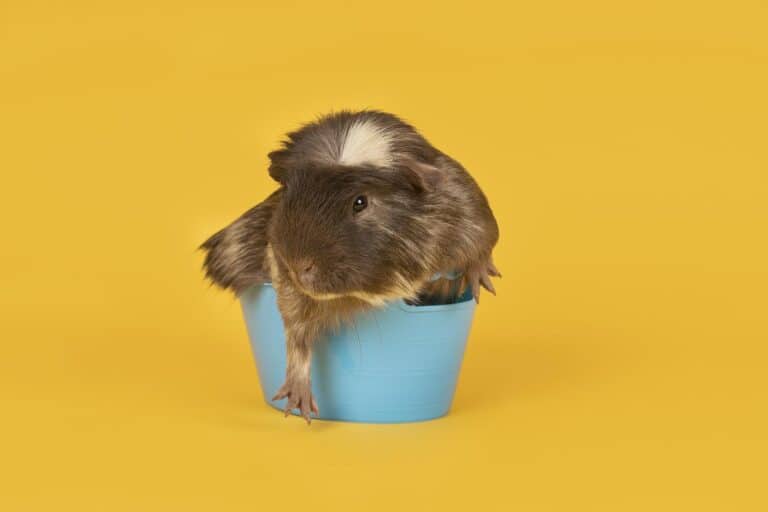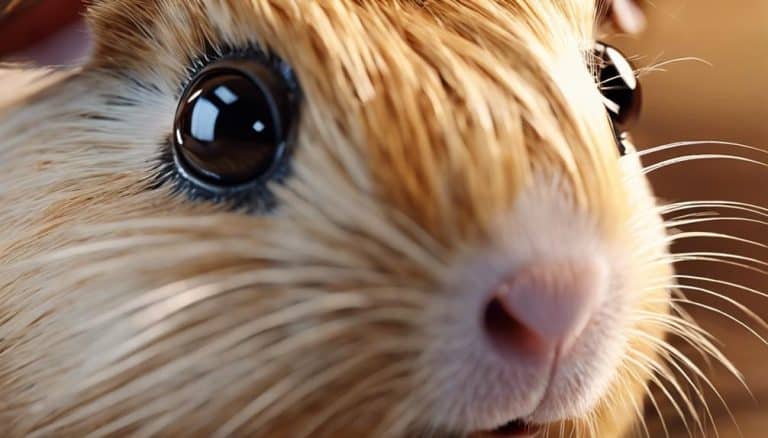How Guinea Pigs Can Eat Carrots Safely
When it comes to feeding guinea pigs carrots, it’s crucial to understand how to do so safely. Not only can carrots be a tasty treat for our furry friends, but they also provide essential nutrients for their well-being.
But, just like with any food, there are precautions to consider. So, what are the key guidelines to ensure that guinea pigs can enjoy carrots without any harm to their health?
Let’s explore the best practices for incorporating this popular vegetable into their diet.
Benefits of Carrots for Guinea Pigs
Carrots offer essential vitamins and nutrients crucial for the overall health and well-being of guinea pigs. Guinea pigs, like us, require Vitamin C in their diet as they’re unable to produce it themselves. Carrots provide Vitamin C, which is essential for a healthy immune system in guinea pigs. However, it’s important to note that while carrots are a healthy option, they’re also high in sugar. Therefore, moderation is key when including carrots in a guinea pig’s diet.
In addition to Vitamin C, carrots contain Vitamin K, which plays a vital role in blood clotting and bone health. The nutritional value of carrots extends to their hydration benefits due to their high water content. The antioxidants and fiber in carrots aid in digestion and help prevent issues like constipation and diarrhea in guinea pigs. When feeding fresh vegetables like carrots, it’s crucial to monitor the guinea pig’s urine output to prevent bladder stones, ensuring their calcium to phosphorus ratio remains balanced for optimal health.
Nutritional Value of Carrots
After exploring the benefits of incorporating carrots into a guinea pig’s diet, it’s essential to understand the specific nutritional value that carrots offer to support the overall health and well-being of these small pets. When considering the nutritional content of carrots for guinea pigs, we find:
- Vitamin C: Carrots are rich in Vitamin C, crucial for preventing scurvy and boosting the immune system of guinea pigs.
- Antioxidants: The antioxidants present in carrots help in maintaining the health of guinea pigs’ cells and tissues.
- Fiber and Hydration: Carrots with high water content and fiber promote hydration and aid in digestion, contributing to a healthy diet for guinea pigs.
Incorporating carrots into your guinea pig’s diet can provide essential nutrients like Vitamin C for immunity, antioxidants for cell health, and fiber for digestion. These elements not only support the immune system but also contribute to bone strength and hydration, ensuring your guinea pig’s overall well-being.
Safe Serving Sizes for Carrots

When considering the safe serving sizes for guinea pigs, it’s important to limit the amount of carrots they consume to avoid potential health issues such as obesity and diabetes.
Guinea pigs should be fed a maximum of two baby carrots or one medium-sized carrot per day to prevent excessive sugar intake, which can lead to obesity and diabetes.
It’s advisable to start with 40 grams of carrots daily and adjust based on how the guinea pigs respond to this addition in their diet.
Maintaining an optimal calcium to phosphorus ratio of 1.33 is crucial when including carrots in their meals to support their overall health and well-being.
Preparing Carrots for Guinea Pigs
To enhance the nutritional value and safety of carrots for guinea pigs, it’s essential to thoroughly wash and cut them into small, bite-sized pieces before serving. When preparing carrots for guinea pigs, follow these guidelines:
- Wash Thoroughly: Rinse the carrots under running water to remove any dirt or pesticides that may be present on the surface.
- Cut into Small Pieces: Slice the carrots into small, bite-sized pieces to prevent choking hazards and make it easier for guinea pigs to eat.
- Include Carrot Tops: Don’t discard the carrot tops! They offer additional nutrients and enrichment for guinea pigs when served along with the carrot itself.
Remember to use organic carrots to avoid harmful chemicals that can impact your guinea pigs’ health. Introduce carrots gradually into their diet, monitoring their response closely to prevent any digestive issues. By following these steps, you can ensure that your guinea pigs enjoy their carrots safely and healthily.
Monitoring Carrot Consumption

One must carefully monitor the carrot intake of guinea pigs to prevent potential health issues related to excessive sugar consumption. Carrots are a favorite treat for guinea pigs due to their sweetness, but too much can lead to obesity and digestive problems. It’s crucial to limit carrot consumption and incorporate them in moderation to meet the dietary needs of guinea pigs.
When feeding carrots, observe any changes in urine color or consistency, as this can indicate issues with sugar metabolism. Adjust carrot portions accordingly based on the individual guinea pig’s health and nutritional requirements.
Conclusion
In conclusion, guinea pigs can enjoy carrots safely when given in moderation. Carrots provide essential nutrients and can be a tasty treat for these small pets.
By following recommended serving sizes and balancing their diet with other low-sugar vegetables, guinea pig owners can ensure their furry friends stay healthy and happy.
Remember to monitor carrot consumption and prioritize a well-rounded diet to keep your guinea pig thriving.







